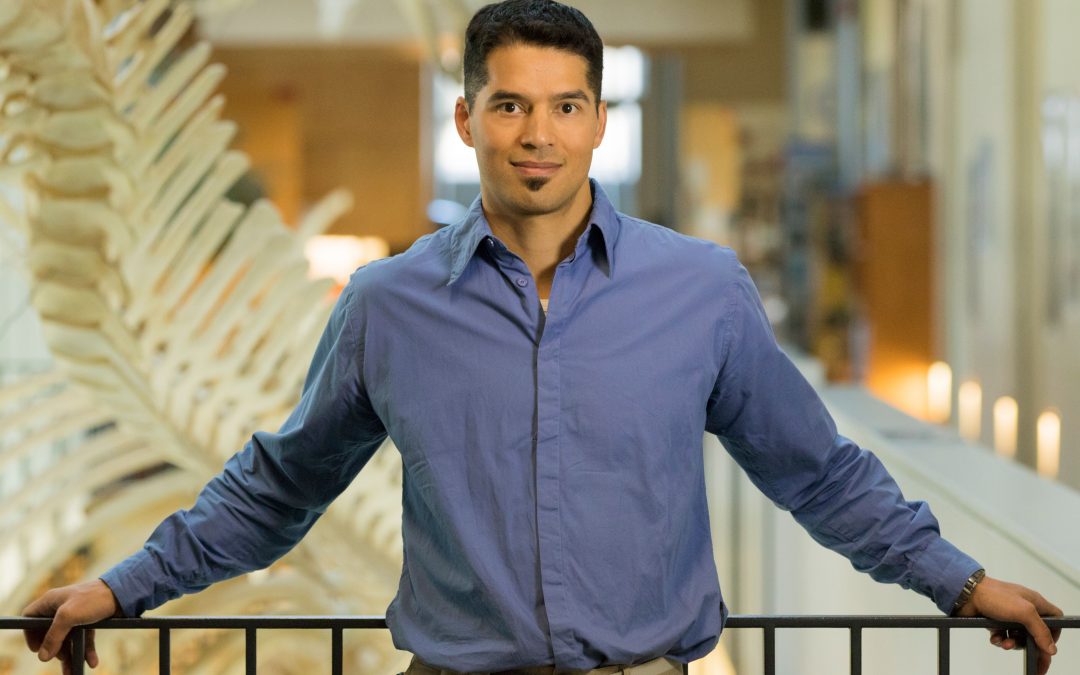An interview with Kai Chan and his strategies to seek the combination of both kinds of impacts.
What is the difference between bibliometric impact and societal impact?
There is a tremendous difference between bibliometric and societal impact. I devoted a blog post to this when I had the honour of reaching 100 publications in the peer-reviewed literature. I didn’t feel the sense of accomplishment that I imagined I might have—and should have—felt. Although I had achieved a bibliometric feat, it didn’t mean I had achieved my desired societal impact. Indeed, the moment reminded me that I had got distracted from my core commitments. I delve into why in the post (above).
Importantly, though, bibliometric and societal impacts don’t necessarily diverge in the long run. Some of the publications that I’m proudest of are those that have done well by bibliometrics and also changed discourse and practice. But there important applied projects that generate little notice by bibliometrics, and I have well-scoring papers that arguably aren’t very useful for practice (even probably in the long run).
How do you try to compromise between both in your scientific career?
This is a crucial question, how to balance societal and scholarly impact. The same blog post above addresses this. Also relevant are two blog posts that I wrote when I had some mid-life contemplation when I turned 40 and the 3 things I didn’t know I’d love about being a prof.
To answer your question directly, here are four strategies I use to seek this combination of both kinds of impacts.
(a) I surround myself by people (students and colleagues) who are passionate about real-world impacts, and who are realistic about the importance of bibliometrics for certain kinds of goals.
(b) I intentionally commit to activities that I believe in for their real-world impact. For eleven years I was a board member of the Canadian Parks and Wilderness Society, BC chapter, and now I am a Coordinating Lead Author for the Global Assessment of IPBES (the Intergovernmental Platform on Biodiversity and Ecosystem Services) and a member of the board of the Society for Conservation Biology’s North America section. Many people don’t understand why activities like IPBES are crucial societally; part one of my answer to that question is here.
(c) I incorporate a pursuit of real-world impact into my teaching, e.g., by incorporating into my courses op-eds, blog posts, change-oriented final projects, and Tweeting. There’s no better way for a professor to ensure that he’s thinking about an issue than to teach it! But more importantly, it inspires my students to seek real change, and provides them with the tools to do so. It’s so fulfilling when this works, for example, when my students’ projects had an important influence on deliberations regarding a new national park in BC, and when Casey Chiu (an undergrad) and I published an op-ed together about cetaceans in captivity in Vancouver.
(d) I seek research that has real-world relevance. And this is generally not directly applied research, but rather strategic application-oriented research. Research that can be applied soon will generally get done by someone or other, when non-academic partners request it. Most important is research that people aren’t thinking about, but that could be a real game-changer. E.g., CoSphere—see this post and this site.
What are the most important steps towards a balance between different impact areas in the next 10 years?
I assume you are asking what we can do collectively, as an academic community, to foster a balance. As individuals, we can can do the kinds of things I mentioned above, but collectively we can push for reform in metrics and processes for rewarding academics, to put much more emphasis on real-world impact and less on bibliometrics. Working with the Global Young Academy, we have results from a survey that shows that—among our sample of >1000 academics, the vast majority feel that their outreach efforts are extremely important societally, but little-rewarded by their institutions. More to come on this later, as the paper is in review.

